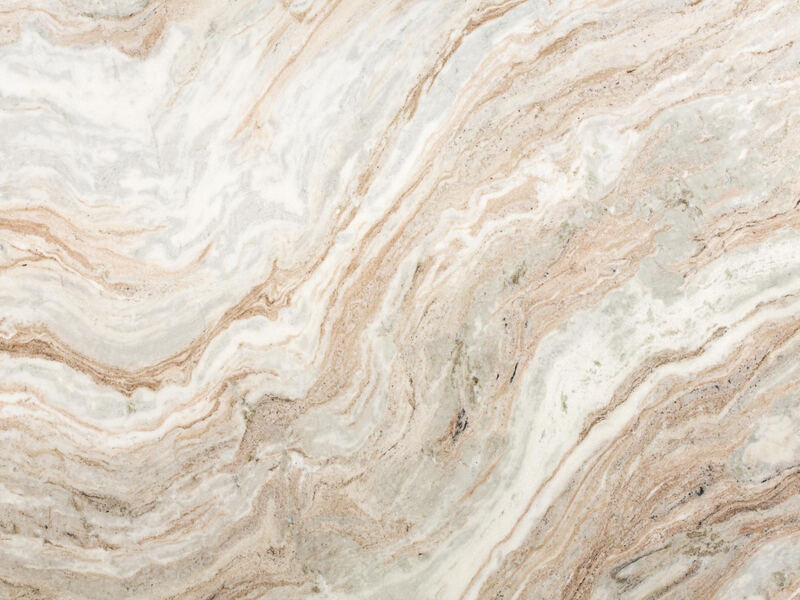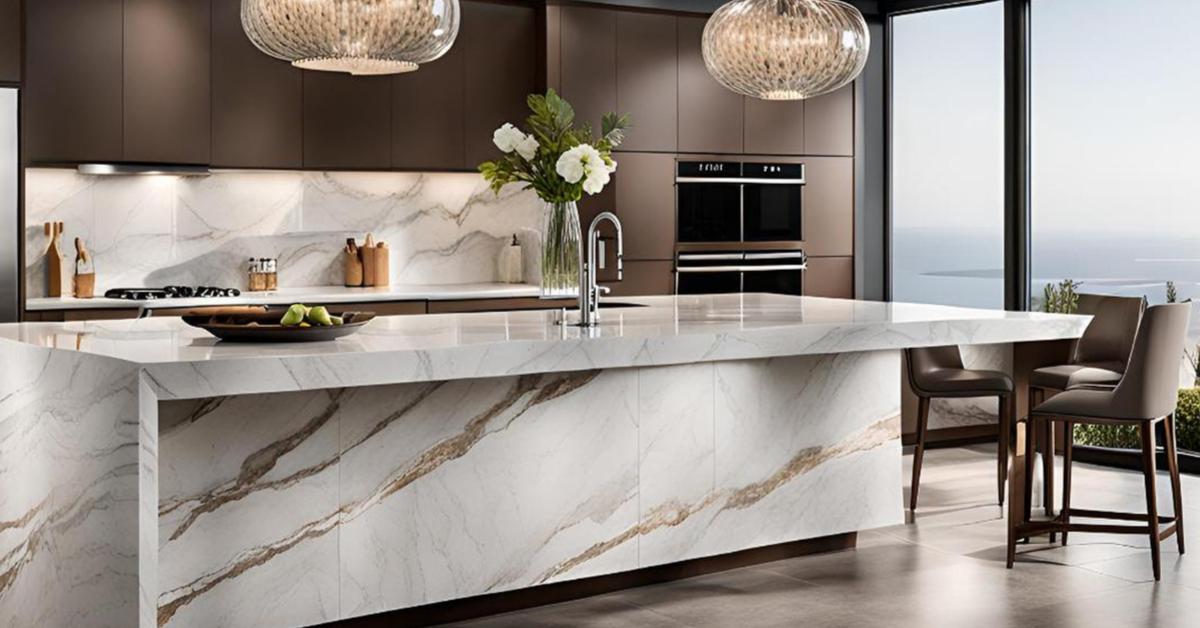Improving your countertops is the best way to breathe new life into your kitchen. Many homeowners choose natural stones like marble, granite, and quartz, which are renowned for their beauty and durability.
Another natural stone that you may have heard a lot about recently is called “quartzite.” Quartzite is a good choice for countertops, but before making a decision, you should be aware of the pros and cons of quartzite countertops.
What Are the Pros and Cons of Quartzite Countertops?
Because of its resilience and durability, quartzite is a great countertop material for both kitchens and bathrooms. For those seeking a robust natural stone that resembles marble, this is the ideal choice. It’s not a good option, though, for people who want to install their own countertops and are on a tight budget.
The longevity of quartzite countertops is one of their key benefits. The dense, hard stone quartzite is impervious to heat, stains, and scratches. Compared to other natural stones like granite or marble, it is also less likely to chip or crack.
Furthermore, quartzite has a distinctive swirling pattern that can elevate any bathroom or kitchen. But before deciding, there are some possible disadvantages to take into account, just like with any material.
Down below you can find the essential cons and pros of quartzite countertops, along with how this natural stone alternative stacks up against other popular countertop materials. You should consider them all before choosing.

The Common Pros of Quartzite Countertops
Quartzite is a stunning and useful material for kitchen countertops. It is harder than granite but as beautiful as marble.
Here are a few of its advantages:
Its Appearance is Similar to Marble
Quartzite has a marble-like appearance. Its distinctive swirling patterns of white and grey give the countertops an intriguing appearance and contribute to the creation of a striking bathroom or kitchen. Quartzite is your best option if you like marble countertops but can’t afford them. It offers a similar appearance at a lower cost.
It Is Durable
The hardness and durability of quartzite, a natural stone, are comparable to those of granite. Because of the unique way this stone is formed, it is extremely resistant to heat and water, so it won’t get damaged for a very long time. It is also very resistant to the acids that cause etching.
It Requires Little Upkeep
Your quartzite countertop will be simple to clean and maintain if you have sealed it. Spills can be cleaned with warm water and mild dish soap, leaving your countertop immaculate and ready for use. You should nevertheless steer clear of cleaners with chemicals as they can harm the sealant.
It Can Be Used in Any Type of Kitchen
Because of its distinctive color scheme, quartzite is both versatile and visually appealing. It typically ranges from white to grey, but depending on the mineral content of the rock, there are numerous color variations in earthy tones. For this reason, it’s a popular option for kitchens with a minimalist, industrial, or rustic aesthetic.

The Little-Known Cons of Quartzite Countertops
Despite its benefits, you should also be aware of the following drawbacks of quartzite countertops:
It Is Susceptible to Scratches
Despite its strength and durability, sharp objects like knives can harm quartzite. For example, cutting vegetables on your quartzite kitchen countertop will leave scratches and blemishes.
It Is Pricey
Like any natural stone, quartzite is still a costly material for countertops even though it is less expensive than marble. Constructing it to the size of your kitchen or bathroom countertop is a costly procedure that requires skilled workers because it needs to be cut with diamond cutters.
It Is Porous
Since quartzite is porous, it must be sealed. Without sealing, spills may seep in and cause stubborn stains and the growth of bacteria, particularly if they are not cleaned up immediately. To keep your quartzite countertops gleaming and stain-free, seal them at least once a year. You might need to seal the quartzite more than once, depending on the kind you bought.
It Is Hard to Install
For do-it-yourselfers, quartzite is not a good material. Because of its hardness, density, and weight, this natural stone should only be installed by knowledgeable craftsmen using cutting-edge equipment. It is therefore important to hire a countertop fabricator who is also capable of installing your countertop.
How Do Quartz and Quartzite Countertops Differ From One Another?
Quartz and quartzite countertops are not the same thing, even though they sound similar to each other. Quartz itself is a mineral. Its countertops are composed of a mixture of coloring, resins, and crushed quartz.
Quartzite is a metamorphic rock that is created when sandstone is subjected to extreme heat and pressure. It is similar to many other natural stones in that it is porous. Because of this, quartzite is susceptible to bacterial growth and stains. Like marble countertops, it needs to be sealed on a regular basis if you install it in your house.
